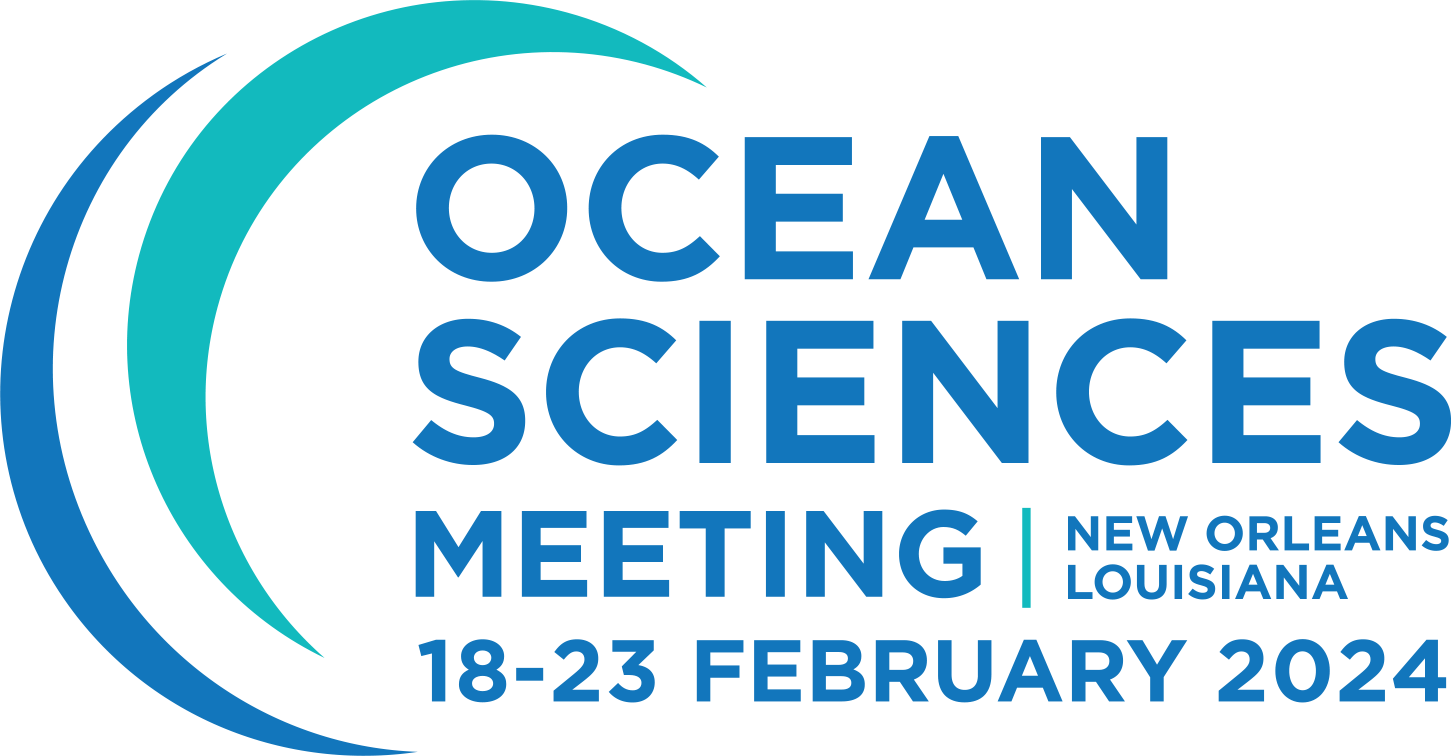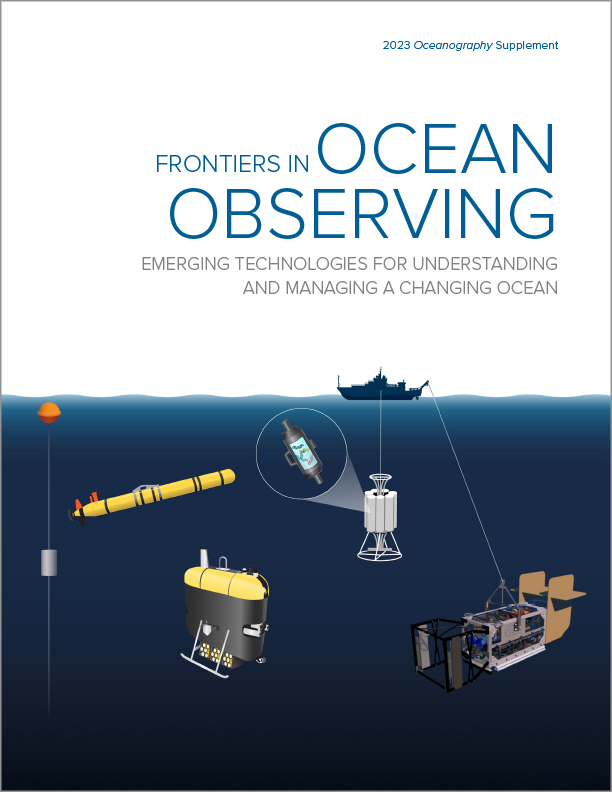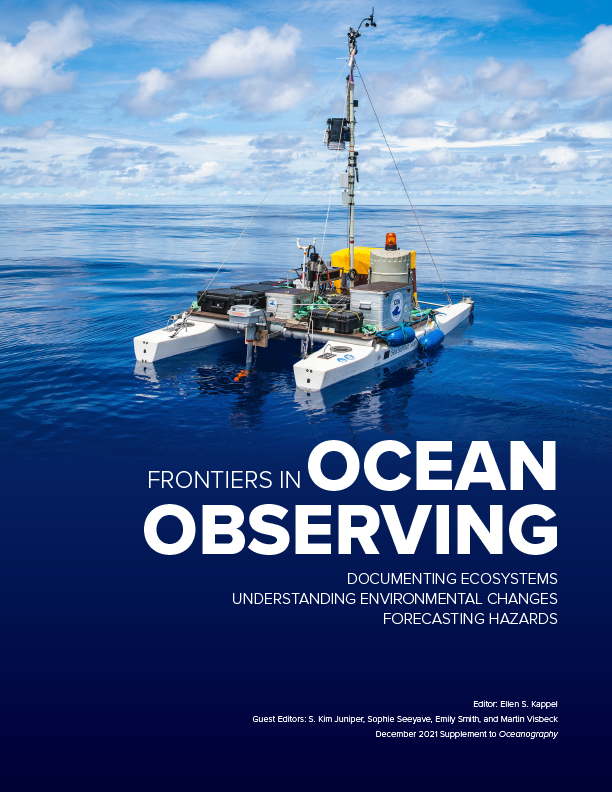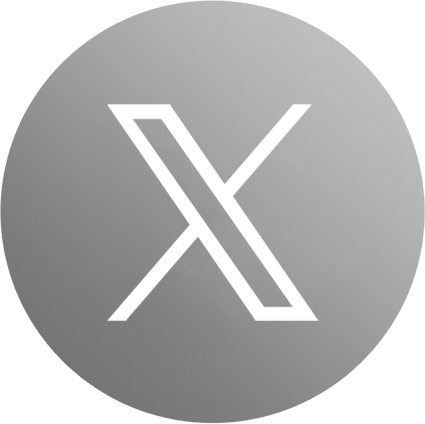TOS News
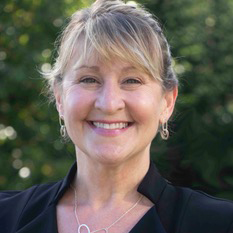
FROM THE TOS PRESIDENT
Deborah Bronk
Hello TOS members! We are finalizing details for the Ocean Sciences meeting this month and I’m sending a nurturing reminder that…
A little preparation goes a long way!
I love science meetings!! Meeting attendance can be an important tool to advance your science and your career. It is also one of those tools that is most useful if you put a little thought into it ahead of time. I offer a few suggestions.
- If you are a student, this is a chance to meet face-to-face with potential graduate school mentors, postdoctoral advisors, and people from industry, nonprofits, and academia who might be hiring. Now is the time to reach out to set up meetings during the coffee breaks or meals. Don’t be shy but do be prepared. Before you meet with anyone, know what you want out of the meeting and plan accordingly. Read their papers, familiarize yourself with the company website, or plan the questions you would like to ask.
- If you are looking to make a career change, who will be at the meeting that can help you make that happen? Arrange for a time and place to speak with them and take advantage of the career development town halls and workshops.
- If you have a proposal idea but need expertise you don’t have, here’s your chance to go listen to talks given by potential new collaborators who do.
- If you are promoting an exciting new product or service, who are the people you want to get to your booth? What town halls or workshops might they be attending?
Spending a bit of time now to plan out your schedule at the meeting—the events you want to attend, the talks you want to hear, and the people you want to meet—will help you get the most out of attending.
I also make a plea. This will be the first in-person meeting for many students. Please take the time to talk to that nervous student standing next to a poster, say hello to someone who seems a bit lost, and introduce your colleagues to early career researchers with abandon!
One final piece of advice I always gave to my students—meetings are a marathon, not a sprint! Pace yourself and stay hydrated!!
I look forward to seeing many of you in New Orleans! I’ll be there to serve, so please stop by the TOS booth #519 (or Bigelow booth #241!) to say hello and share your thoughts. I’m also available at [email protected] if you have any concerns or ideas about how TOS can better serve its members and the work they do.
If you haven’t done so already, please register for the complimentary TOS Honors Breakfast on Wednesday, February 21, from 7:15–8:15 am.
SOCIETY NEWS
TOS HONORS PROGRAM
2024 RECIPIENTS

The Oceanography Society is pleased to announce the 2024 TOS Honors recipients recognized for their exceptional achievements and contributions to the ocean sciences.
Be sure to join us at the TOS Honors Breakfast (free to TOS members and guests but RSVP required) at OSM 2024 to celebrate our colleagues’ accomplishments.
2024 TOS FELLOWS
• Claudia Benitez-Nelson
• Susan B. Cook
• Frank Müller-Karger
• Phillip R. Taylor
• Mitsuo Uematsu
2024 Walter Munk Medal
N. Ross Chapman
2024 TOS Mentoring Award
Charitha Bandula Pattiaratchi
2024 TOS Ocean Observing Team Award
Rutgers University’s Center for Ocean Observing Leadership
EVENTS NEWS
TOS ACTIVITIES AT OSM 2024
JEDI AT OSM 2024
REQUEST FOR INPUT!
TOS JEDI COMMITTEE TOWN HALL
The JEDI Committee has created a three-minute survey to gather input about the climate surrounding bias, discrimination, and bullying in the field of ocean sciences as well as assess progress or obstacles associated with diversity, equity, inclusion, justice, and/or accessibility in the field. All responses are anonymous. This information will inform discussions during the TOS JEDI Committee Town Hall on Wednesday, February 21, 2024, at the Ocean Sciences Meeting and contribute to the post-hoc synthesis of this discussion.
OCEANOGRAPHY NEWS
FRONTIERS IN OCEAN OBSERVING
INVITATION TO CONTRIBUTE ARTICLES
In December 2024, The Oceanography Society plans to publish its third supplement to Oceanography magazine on “Frontiers in Ocean Observing.” The purpose of the supplement is to widely disseminate information about the many different ways in which scientists observe the ocean to improve our understanding and support the sustainable management of the ocean and its resources.
We are seeking initial interest in contributing short articles to this booklet. There is no cost to authors for publishing. The deadline for expression of interest is March 15, 2024. We look forward to hearing from you!
– The Ocean Observing Executive Committee
HIGHLIGHTED EARLY RELEASES
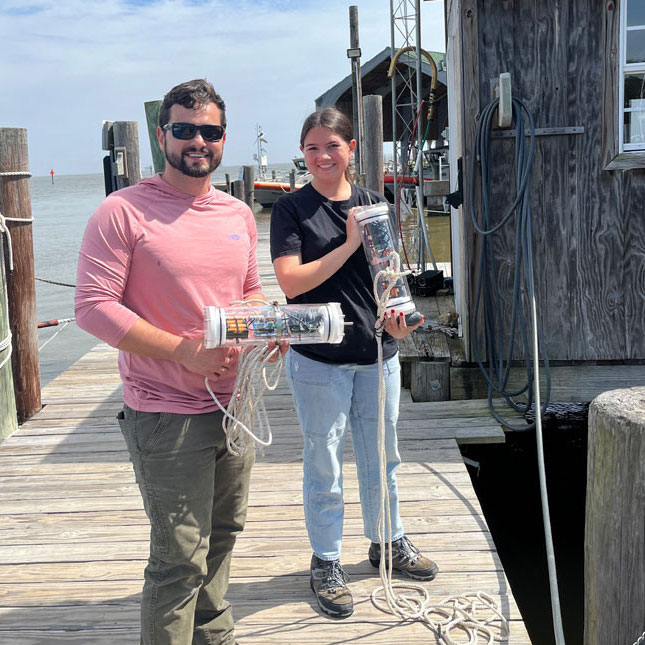
Developing Engineering Skills Through Project-Based Learning
Develop skills by building, calibrating, and testing an Arduino-based submersible temperature and depth sensor. READ MORE
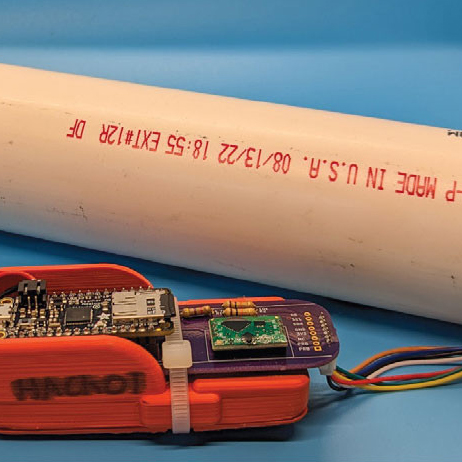
DIY Oceanography: The OpenCTD
Explore the construction and operation of the OpenCTD—a low-cost, open-source CTD for collecting baseline oceanographic data in coastal waters. READ MORE
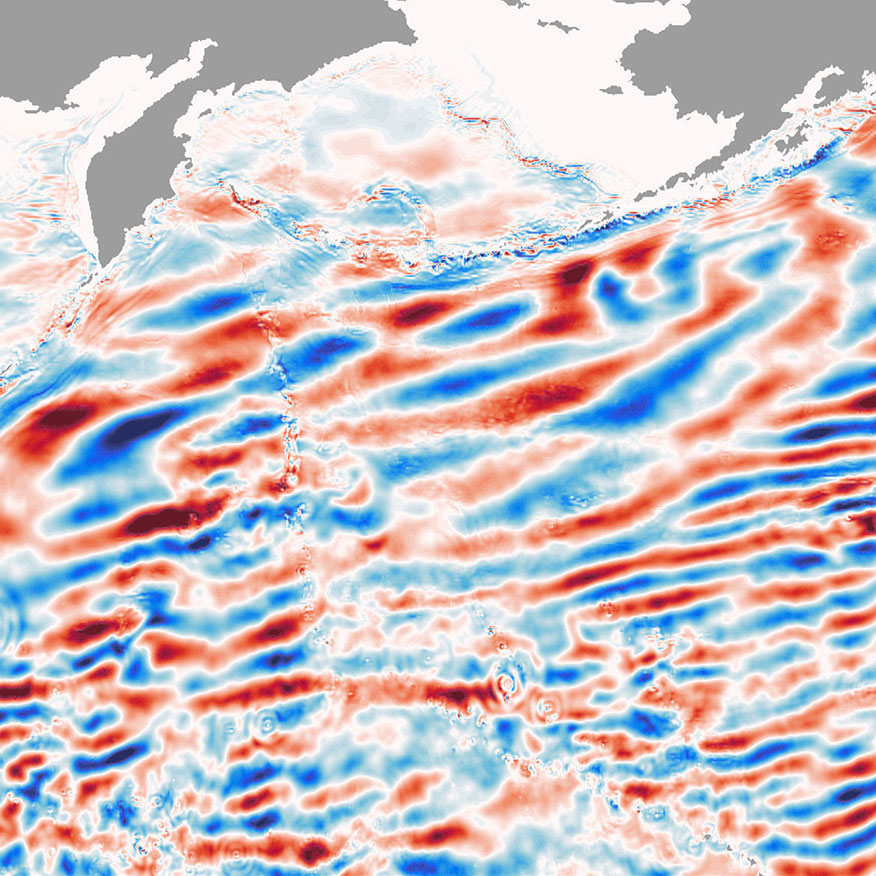
Near-Inertial Waves and Vorticity
This article examines why near-inertial waves are less affected by vorticity in the NE Pacific than in the Atlantic. READ MORE
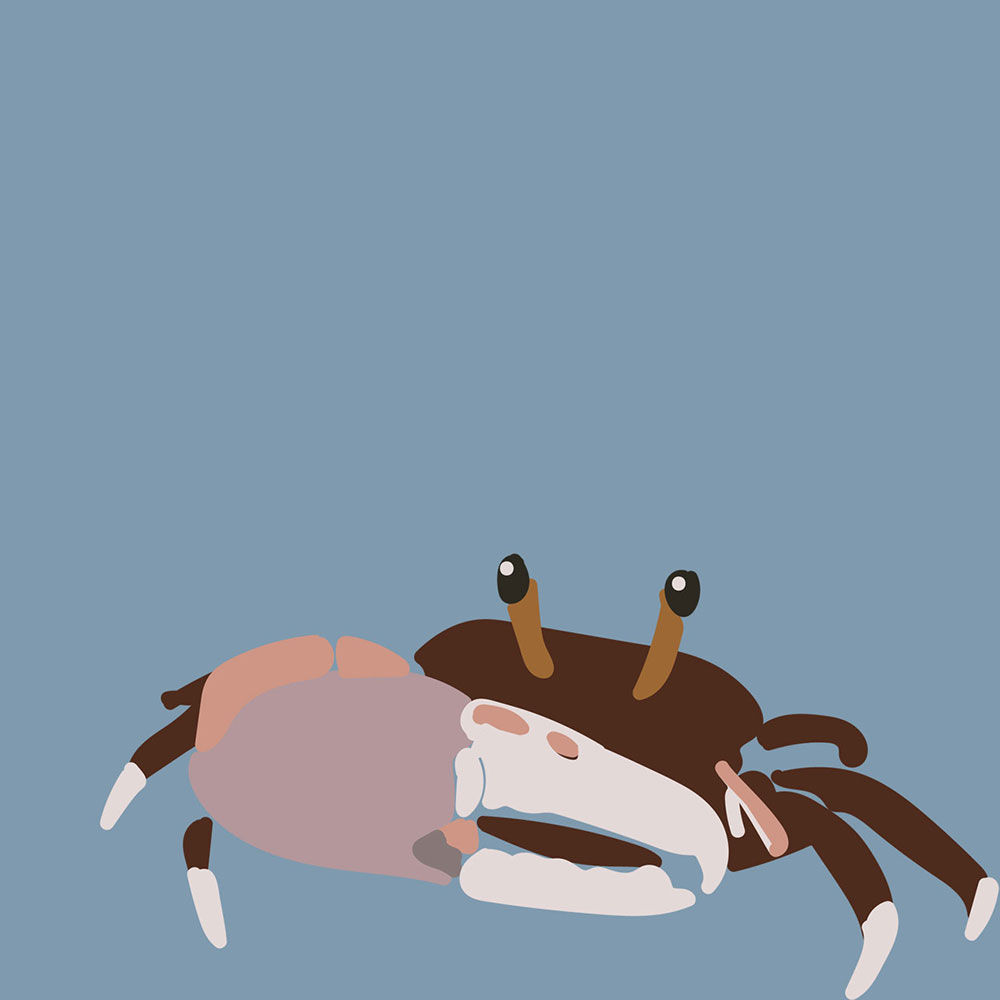
Podcasts Bring National Estuarine Research Reserves to the Classroom
Learn about the podcast series, “NERR or Far: The Reserves Are Where You Are.” READ MORE
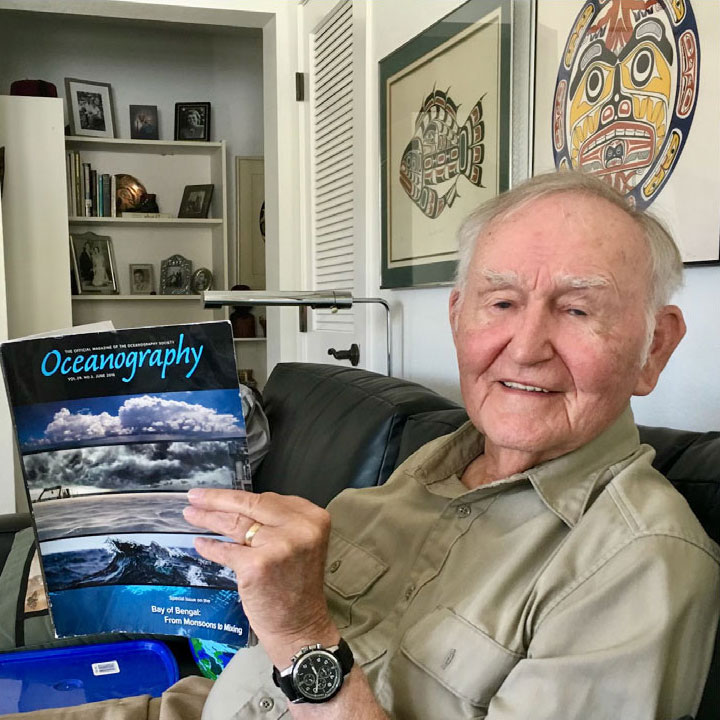
A Tribute to Richard W. Eppley
Richard W. Eppley (1931–2023), better known as “Dick,” was a tour de force in biological oceanography. READ MORE
STUDENT AND EARLY CAREER NEWS
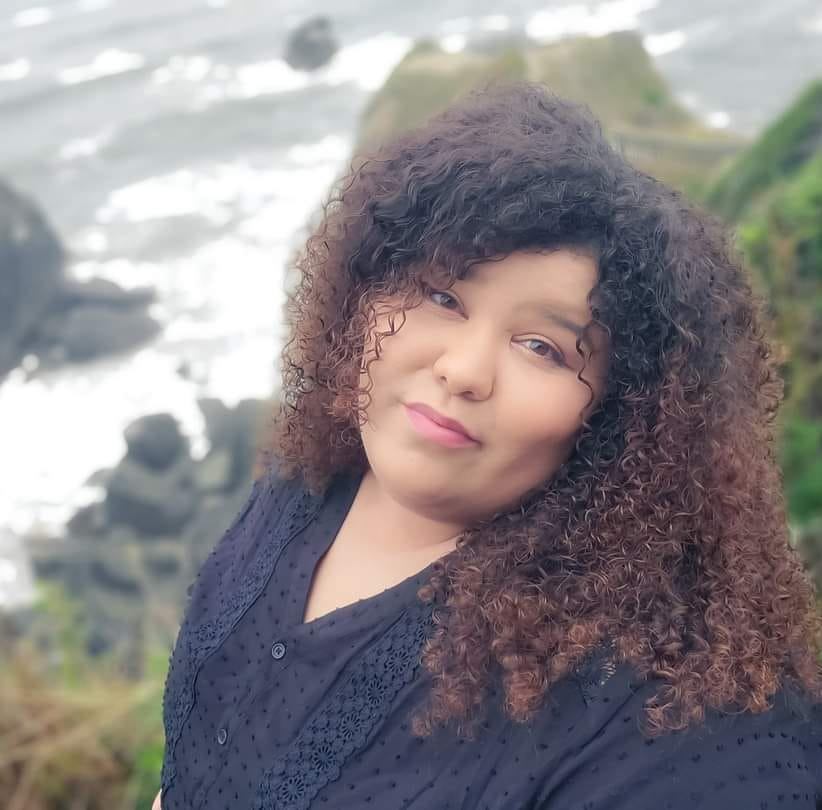
STUDENT HIGHLIGHT
Brittney Mitchell
Brittney Mitchell is a marine toxicologist and researcher who is passionate about exploring how xenobiotics impact environmental health, especially within the context of marine ecosystems. Brittney’s interest in environmental health initiated in her youth while observing her father’s efforts to normalize environmentally benign pest control management. His work as the “Pesticide Sherriff” introduced Brittney to both the realm of environmental toxicology and the legacy of notable environmentalists and their works. Among these included Rachel Carson and her book, Silent Spring, which narrated issues surrounding the use of legacy organochlorine pesticides.
Her family’s support and increasing comprehension of environmental concerns catalyzed what would eventually encompass Brittney’s journey towards an interdisciplinary education. Following a study abroad through Semester at Sea, Brittney earned her Bachelor of Science in Marine Biology with a minor in Astronomy-Physics and her Bachelor of Arts in Chemistry at Humboldt State University. Through these experiences, her passion towards understanding the complex and multidimensional issues surrounding anthropogenic pollution, human reliance on the oceans for services and sustenance, and the relationship between human and environmental health grew immensely.
Brittney is currently pursuing a PhD in Marine Science and Conservation at Duke University under Dr. Dan Rittschof while concurrently pursuing the Certificate in Integrated Toxicology and Environmental Health and the Certificate in College Teaching. Broadly, her research interests surround questions investigating the toxicological impacts of antifouling management on biofouling and non-target organisms, the behavioral and physiological responses of biofoulers to the substrates they settle on, and the role of biofoulers in corrosion and decalcification of surfaces. Ultimately, she hopes her research will contribute to the development of environmentally responsible solutions that help satisfy the needs of marine industries and activities while minimizing adverse impacts towards environmental health.
Contact: [email protected]
COMMUNITY NEWS
2024 UNOLS/AICC
Arctic Chief Scientist Training Program
The Arctic is a hotspot for environmental change and cutting-edge oceanographic research. Accessing remote Arctic field sites requires specialized research vessels and shoreside logistics. The 2024 Arctic Chief Scientist Training Program is an at-sea program to help train and equip the current generation of early career investigators with the tools needed to request and utilize ship time. The program will include a two day pre-cruise workshop and a 10–15 day training cruise in the Northwest Passage on USCGC Healy.
Sign Up for TOS News

© 2026 The Oceanography Society
1 Research Court, Suite 450-117, Rockville, MD, 20850, USA | Phone: (1) 301-251-7708 | [email protected] | Privacy Policy

